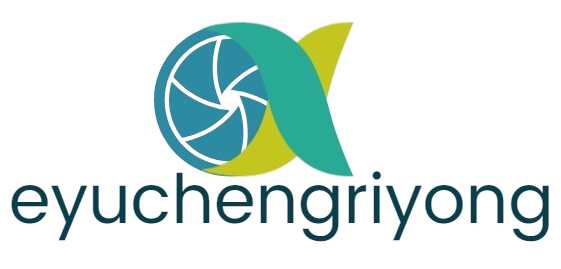There are many things which can build confidence in any situation. One of the most effective is having a vast, sound knowledge about the issue you are facing. When it comes to mortgage, the situation is no different, and the article below can give you what you need to know to build your confidence, so read on.
Save enough money to make a down payment. Lenders may accept as little as 3.5% down but try to make a larger down payment. If you put down 20% of your total mortgage, you won’t have to pay private mortgage insurance and your payments will be lower. You will also need cash to pay closing costs, application fees and other expenses.
Watch out for banks offering a “no cost” mortgage loan. There is really no such thing as “no cost”. The closing costs with “no cost” mortgages is rolled into the mortgage loan instead of being due upfront. This means that you will be paying interest on the closing costs.
Know your credit score before going in to get a mortgage. Your potential lender will do their own homework on this, but you should arm yourself with the intel as well. Knowledge is power in terms of the negotiations to follow. If you aren’t clear on your strengths and weaknesses, then a lender can more easily use the knowledge against you.
Before trying to get a new home mortgage, make sure that your property’s value has not declined. Your home may look the same as the day you moved in, however other factors can impact the way your bank views your home’s value, and can even hurt your chances for approval.
Refinancing a home mortgage when interest rates are low can save you thousands of dollars on your mortgage. You may even be able to shorten the term of your loan from 30 years to 15 years and still have a monthly payment that is affordable. You can then pay your home off sooner.
You may be able to add your homeowners insurance costs to your mortgage payment. One advantage of this is negating the need to make two payments. Instead of paying your mortgage and an insurance bill, you can pay both bills in one payment. If you like to consolidate your bills, this is a good idea.
Get quotes from many refinancing sources, before signing on the dotted line for a new mortgage. While rates are generally consistent, lenders are often open to negotiations, and you can get a better deal by going with one over another. Shop around and tell each of them what your best offer is, as one may top them all to get your business.
Pay down your debt. You should minimize all other debts when you are pursuing financing on a home. Keep your credit in check, and pay off any credit cards you carry. This will help you to obtain financing more easily. The less debt you have, the more you will have to pay toward your mortgage.
A good credit score is essential if you want to finance a home. If your score is below 600 you have some work to do before you can hope to purchase a home. Begin by getting a copy of your credit record and verifying that all the information on it is correct.
When mortgage brokers are looking at your credit report, it is more beneficial to have low balances on several different accounts than it is to have a large balance on one or two credit cards. Try to keep balances down below half of the credit limit. It is best if your balances total thirty percent or under.
Save up for the costs of closing. Though you should already be saving for your down payment, you should also save to pay the closing costs. They are the costs associated with the paperwork transactions, and the actual transfer of the home to you. If you do not save, you may find yourself faced with thousands of dollars due.
You need to fully understand how much you will be spending on mortgage payments and other fees before entering a mortgage agreement. There will be itemized closing costs, commission fees and some miscellaneous charges. You might be able to negotiate this with either the lender or the seller.
Cut down on the credit cards you use before you get a house. Too many credit cards can make you appear financially irresponsible. To get a good mortgage rate, keep your cards to less than three.
If you are a first time home owner, get the shortest term fixed mortgage possible. The rates are typically lower for 10 and 15 year mortgages, and you will build equity in your home sooner. If you need to sell you home and purchase a larger one, you will have more cash to work with.
Ensure that your mortgage does not have any prepayment penalties associated with it. A prepayment penalty is a charge that is incurred when you pay off a mortgage early. By avoiding these fees, you can save yourself thousands. Most of today’s loans do not have prepayment penalties; however, some still do exist.
Know your credit score before you try to get a home mortgage. If your credit score is low, work on raising it. This is important to do before you buy a home with a mortgage. You are more likely to get a good deal on your home mortgage when you raise your credit score first.
When you know it all in regards to mortgages, you can more easily move forward and make sound decisions. All it takes is a little bit of time on your part to learn as much as possible from this article. You now have what you need to be able to get a great mortgage today, so go do it!



